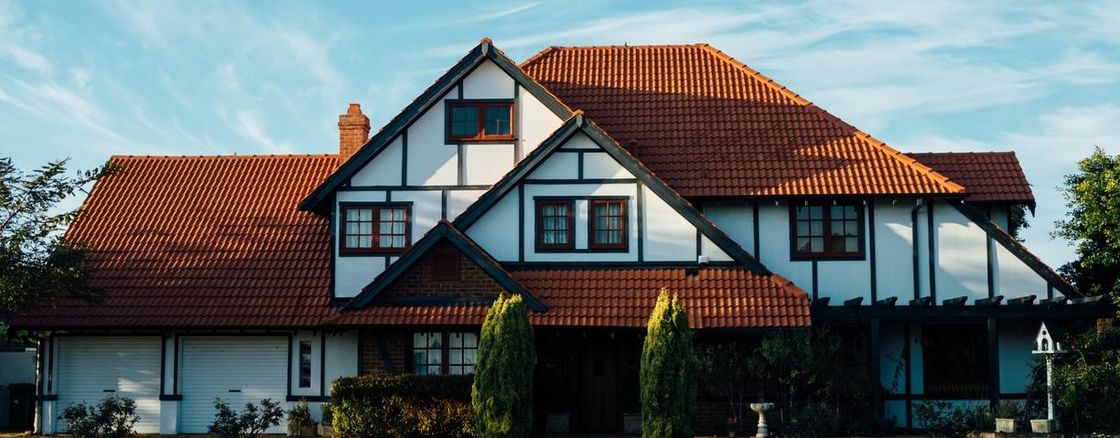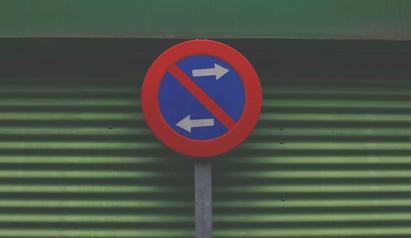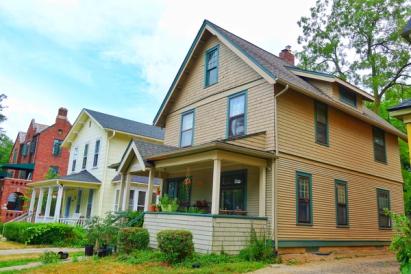5 Signs You're Ready to Be A Homeowner
Written by:
Patrick Boyaggi
Patrick Boyaggi
CEO an Co-Founder
Patrick is the Co-Founder and CEO of Own Up. He has a wealth of experience and knowledge as a mortgage executive.
See full bio

Being a homeowner may be the American Dream, but a tight real estate market and other personal financial factors can make it hard to turn that dream into a reality. The homeownership rate was 64.8% at the end of 2018. While it has been steadily rising since 2015, it is still below the historical high of 69.2% before the housing bubble burst.
How do you know if you are ready to buy a house? Here are five signs. Know you’re ready to take the plunge? Get started now.
1- You Have a Strong Credit Score
If your FICO credit score is above 670, give yourself a pat on the back. You pay off your loans on time and don’t keep high balances on your credit cards. Lenders will see you as low risk for defaulting on loans. One in three Americans have a credit score below this number. But don’t worry if your credit score is less than 670, you can still qualify to purchase a home!
2- You Can Afford the Down Payment
The median price of a home in the United State is about $300,000 according to Realtor.com. For a traditional mortgage, you would need over $60,000 in savings for a 20% down payment and closing costs. This is far more than most people have in savings, so good for you. You can put down less, but you will have to pay private mortgage insurance, or PMI.
3- You’re Ready to Settle Down
Buying a home is a big financial commitment, likely the biggest one you will ever make. Do you have a job you like, or the ability to find a new one easily with similar income? Are you comfortable purchasing a home on your own or with a long-term partner? Is the city-hopping bug out of you? Answer yes to all of these questions and you are ready.
4- You Have Stable Employment.
Lenders prefer buyers who have had a steady job for about two years. They use specific math to determine how expensive a house you can buy. Most financial experts say you should spend no more than 36% of your gross income on a mortgage.
5- You Can Maintain Your New House
Having money for a down payment is great, but it shouldn’t be all of your savings. Houses are like kids; they are expensive. Don’t buy one if you aren’t prepared to spend money on landscaping, plumbing, electrical, flooring and other expenses that will undoubtedly come up.
Excited to take the plunge into homeownership?


